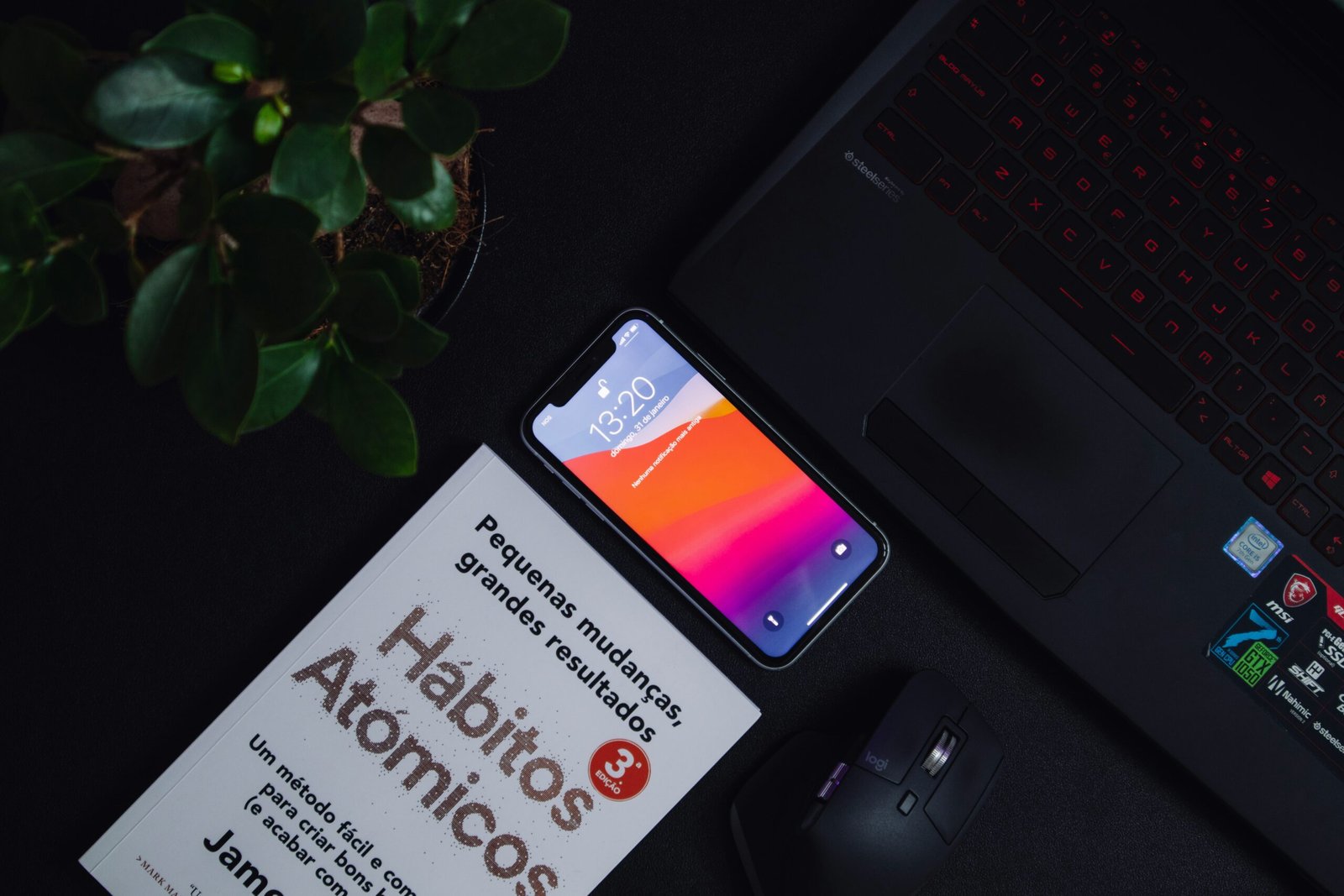
Przed Tobą
- You will see the rhyme effect as a psychological phenomenon
- You will learn what familiarity heuristic is
- I will introduce you to the Anna Karenina principle and the importance of using paradoxes in sentences
Whenever I work on a talk, speech, pitch or any sort of keynote, I strive to come up with the killer first sentence. In the spirit of the remix culture, I often seek inspiration in culture, literature and… the news. A good first sentence must be simple, should be processed with cognitive ease. At the same time it should be provoking and it should capture attention at all cost. In short, it has to be mind-blowing. And that is not easy – especially in the world of tired metaphors and cliché statements galore.
I fell in love with the 5 sentences this post is about. Mostly because from the psycholinguistic point of view they help achieve certain goals. They are great examples of what words can do.
If it doesn’t fit, you must acquit
During closing arguments in the O.J. Simpson trial, his lawyer Cochran uttered the now famous phrase, „If it doesn’t fit, you must acquit.” He used the phrase as a way to try to persuade the jury that Simpson could not have murdered Nicole Brown Simpson and Ronald Lyle Goldman, because a bloodstained glove found at the scene of the crime did not fit him. I would not dare say that this sentence saved Simpson. But the truth is it serves as a prime example of a psychological phenomenon. The rhyme-as-reason effect (or Eaton-Rosen phenomenon) is a cognitive bias whereupon a saying or aphorism is judged as more accurate or truthful when it is rewritten to rhyme.
In experiments, subjects judged variations of sayings which did and did not rhyme, and tended to evaluate those that rhymed as more truthful (controlled for meaning). For example, the statement „What sobriety conceals, alcohol reveals” was judged to be more accurate than by different participants who saw „What sobriety conceals, alcohol unmasks”.The effect could be caused by the Keats heuristic, according to which a statement’s truth is evaluated according to aesthetic qualities; or the fluency heuristic, according to which things could be preferred due their ease of cognitive processing. Either way – consider the sentences that rhyme as great opening phrases of your pitch.
We, the People
Lech Walesa and his team were looking for a perfect opening sentence for his legendary 1989 speech in U.S. Congress. They found it using empathy in the very same words every american citizen knows, understands and finds truly inspiring. This legendary leader opened his speech with one phrase that resonates with every single person: We, the People. Actually it resonates so well, that right after the words are spoken the people gathered applaud. Why? Because crafting our pitch, speech or any other form of communication around something someone is so familiar with and cherishes greatly, always works.
The very sound of something familiar, recognisable is a promise for our brain. It knows where we are and recognises instantly the pattern. The familiarity heuristic was developed based on the discovery of the availability heuristic by psychologists Amos Tversky and Daniel Kahneman; it happens when the familiar is favored over novel places, people, things. The familiarity heuristic can be applied to various situations that individuals experience in day-to-day life. When these situations appear similar to previous situations, especially if the individuals are experiencing a high cognitive load, they may regress back to the state of mind in which they have felt or behaved before. This heuristic is useful in most situations and can be applied to many fields of knowledge, however, there are both positives and negatives to this heuristic as well.
All happy families are alike; each unhappy family is unhappy in its own way
This sentence is one of my favourite ones because it is an open door to various modifications. All great pitches are alike; each bad pitch is bad in its own way. All great ads are alike; each bad ad is bad in its own way. I use those a lot. This very sentence by Leo Tolstoi does not represent a specific cognitive bias. It stands however as a prime example of… statistics. The Anna Karenina principle describes an endeavor in which a deficiency in any one of a number of factors dooms it to failure. Consequently, a successful endeavor (subject to this principle) is one where every possible deficiency has been avoided. For me, this one sentence works in many contexts. Use it wisely and it will work for you, too.
We are going to die, and that makes us the lucky ones.
This sentence reeks of paradox. It is absurd and yet simple. When it comes to understanding words – your brain knows what it’s reading. When it comes to meaning however, it kind of is puzzled. It wants to scream – how come. And that is ok. The paradox and absurd communication makes us pay attention more. It also helps us remember things. The more absurd the pattern, the higher are the chances we are going to remember it. This sentence is taken from Richard Dawkins, Unweaving the Rainbow: Science, Delusion and the Appetite for Wonder. When you examine carefully what follows – you get the point. And that is the main purpose of the sentence – to make you want to follow and understand. The sentences that follow are intriguing too. But it is the first sentence that intrigues the most.
“We are going to die, and that makes us the lucky ones. Most people are never going to die because they are never going to be born. The potential people who could have been here in my place but who will in fact never see the light of day outnumber the sand grains of Arabia. Certainly those unborn ghosts include greater poets than Keats, scientists greater than Newton. We know this because the set of possible people allowed by our DNA so massively exceeds the set of actual people. In the teeth of these stupefying odds it is you and I, in our ordinariness, that are here.We privileged few, who won the lottery of birth against all odds, how dare we whine at our inevitable return to that prior state from which the vast majority have never stirred?”
Yes, we can!
I’m not politically biased but I must admit that some of the political marketing makes sense. At least in terms of using psychology to influence people. Three is better than four. I wrote about it here. Three is the number of elements we can store in our short term memory. Thus three word phrases and three letter names work the best. Take IBM, CNN and CBS. When you want to start well, consider a short three word sentence or slogan.
Use words wisely. Mean them and turn them into tools. Speak your mind. Don’t be evasive. Speak your mind. Be persuasive.
PS: I dedicate this post to my most amazing friend who celebrates her birthday today.










Komentarze
Proszę o zachowanie kultury wypowiedzi w komentarzach.